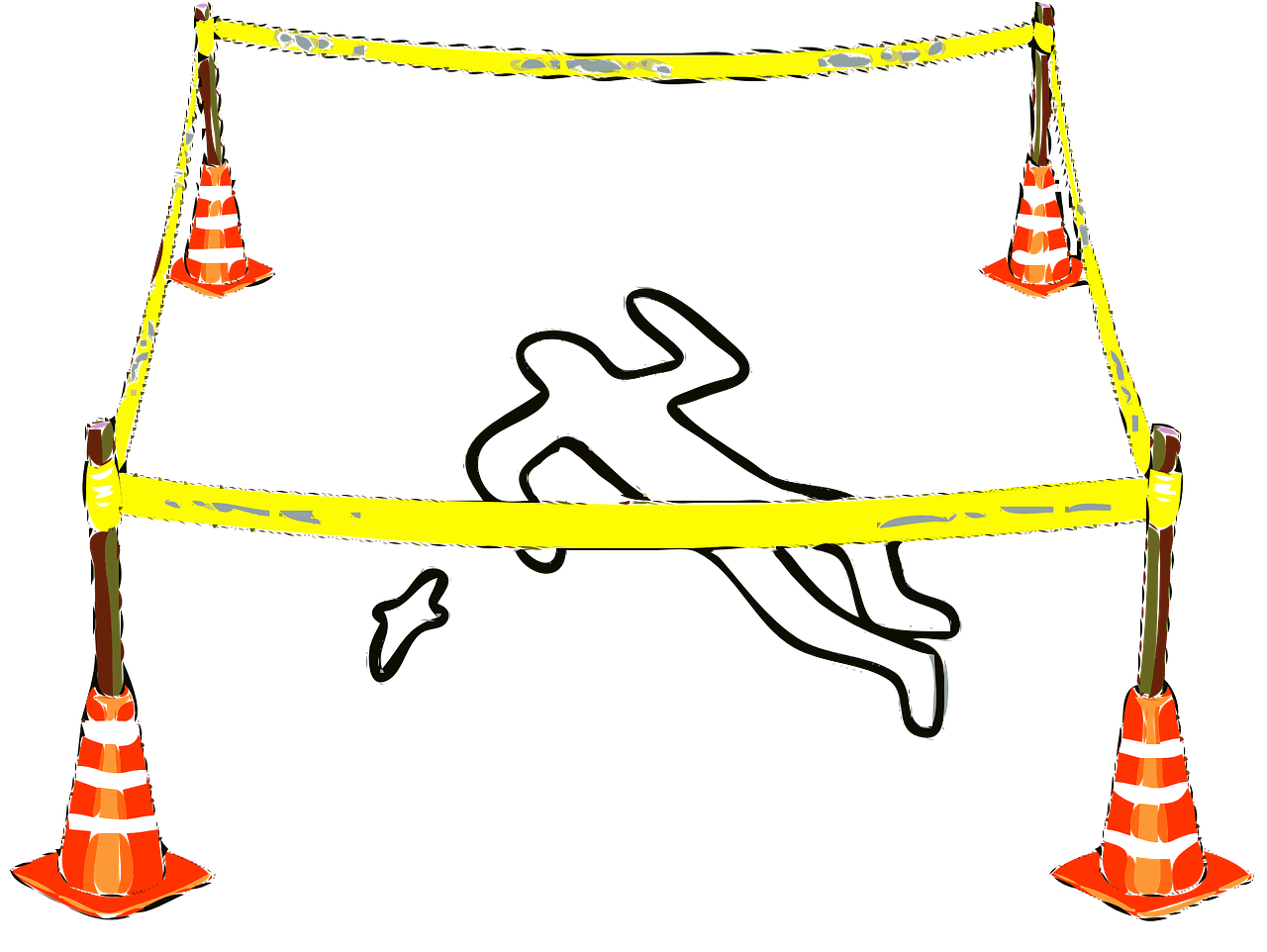
criminal Photo Courtesy : Pixabay
would enjoy looking in further depth at the idea that juveniles need to be treated and held as adults within our criminal justice system. This topic is extremely intricate and layered with strong sentiments shared by different groups of stakeholders—policy makers, educators, parents, and most importantly, the young minds. However, I believe that when youths are responsible for committing serious crimes, they should be given a sentence commensurate with the seriousness of their crime. This is a problem space that the area impacts second, our perception of justice and responsibility as well as our attitude towards child offenders.
And the first thing we have to understand is that there must be accountability for juveniles who commit serious crimes. Not to punish someone for this kind of behavior is sending a chilling message: that you can get away with acting like that.
Such impunity not only infringes upon the rule of law—bbut creates fertile ground for crime. If they catch a kid committing something like assault or robbery and the worst penalty is receiving less punishment due to their age, what are kids seeing? It can result not only in that person offending again but a wider societal message that says violence and crime are okay in these circumstances.
Accountability is important for a number of reasons. For one, it promotes the bullshit attitude that even kids need to face up to what they do.
Trying young offenders as adults forces them to confront the implications of their actions in a substantive fashion. It is essential to note that this confrontation is not only about punishment but also a fundamental aspect of their moral and ethical growth. It helps teach them that what goes around comes around, so they learn to think twice before taking action—wwhich is something all good citizens should have ingrained in their mentality from a young age!
Furthermore, studies suggest that a majority of teenagers have this realization. Although their brains are still developing, research has shown that teenagers have the ability to weigh options of various consequences. Developmental psychologists, for instance, have discovered that when making decisions on risky behaviors, adolescents tend to consider the rewards against the repercussions.
The National Institute of Mental Health reports that most adolescents 16 and older have the ability to participate in intricate processes related to decision-making. These men can see the danger in what they are doing and know too well that other people will view them as animals. To ignore this capacity risks branding the young offender as not a proper moral agent capable of self-improvement and therefore lending credence to the belief that he or she is blameless for certain decisions.
Moreover, punishing juveniles the same as adults can help send a clear message to them that this sort of nonsense will not be tolerated. The deterrence theory is a fundamental principle in criminal justice, which holds that people will not engage in wrongdoing if they perceive themselves to be more at risk than necessary or rewarding.
If young people are aware of the fact that there will be severe repercussions for their decisions, they may change some decisions. According to a study carried out at the University of Chicago Law School and published in the “Journal of Criminal Law and Criminology,” jurisdictions that have some sort of mechanism for harsher punishments report lower levels of recidivism than those that do not. In line with this is the thought that fear alone of substantial repercussions can deter the offending individual and/or have a chilling effect on their friends.
Some programs that combine accountability with opportunities for learning have caused a 60 percent reduction in re-offending by young offenders. For instance, diversion programs that employ restorative justice practices help young people understand the consequences of their conduct on victims and society.
By requiring community service, counseling services, or workshops that provide education on how to function within society are great opportunities for individuals participating in these programs. It provides a twofold strategy that penalizes what is wrong and pans for gold with respect to the future upon reform.
While these are strong arguments, opponents contend juveniles should not bear adult penalties due to their age and that they can be reformed. They argue the teenage brain is still working, especially in regions responsible for impulse behavior and understanding risk.
On its website, the American Psychological Association notes that some experts say it is not until one’s mid-20s when their prefrontal cortex—wwhich among other things, governs decision-making and self-regulation—ffully matures. This has led critics to claim that it is unfair to treat young people as adults and hold them responsible for their behavior because they do not yet have the same capacity for good judgment.
Although rehab is important too, you have to give responsibility back as well. A balanced approach means that serious crimes are met with consequences but also the opportunity for a young person to redeem themselves. It also makes me strongly believe that if we were serious about intervening with young people to stop them from living a life of crime, rehabilitation must be linked far more closely with accountability.
That in turn requires the ability to appreciate just how complex and challenging it is to address those issues related, directly or indirectly, back to juvenile crime. Most young offenders have had difficult upbringings, marked by poverty, family turmoil, and exposure to violence. Those social determinants can play an important role in their attitude and the way they make decisions on a daily basis. Therefore, yes, accountability is critical, but we also need to address systems that are fueling the same. This may include mental health services, education supports, and community interventions that offer alternatives to problem behaviors. Ultimately, a fair society should ensure the balance between accountability and redemption. That balance can be struck by making the juvenile justice system a tiered response ranging from diversion all of the way up to custody, depending on an individual child’s actions. Offences then focus on rehab or restorative justice (where appropriate), ensuring a young person learns from their errors without facing full adult penalties. Still, with respect to major criminal acts like violent crimes, they should definitely see the consequences of their actions reflected upon by being punished appropriately.
The principle of justice, which this policy will help maintain, helps give young offenders hope—an acknowledgment that they are being held accountable for their crimes but also a claim on society: it believes in your possibility to change and be trusted again.
In summary, the management of juvenile cases in criminal justice is a situation that has cherry-picked problems posing for cognitive mental development apart from accountability and deterrence requirements leading to rehabilitation measures. As the theory goes, to hold kids accountable for their actions and deter future offenses, you must prosecute them as if they were adults. In holding young offenders to account, as adults in the legal sense of responsibility, we fulfill justice and also sow seeds for these potential future adults to make better choices going forward. It is possible so that we can build a just, efficient, and ultimately healing criminal justice system for the individuals in it as well as its society. Thank you.
By: Nguyen Ngoc Lan Chi
Write and Win: Participate in Creative writing Contest & International Essay Contest and win fabulous prizes.


